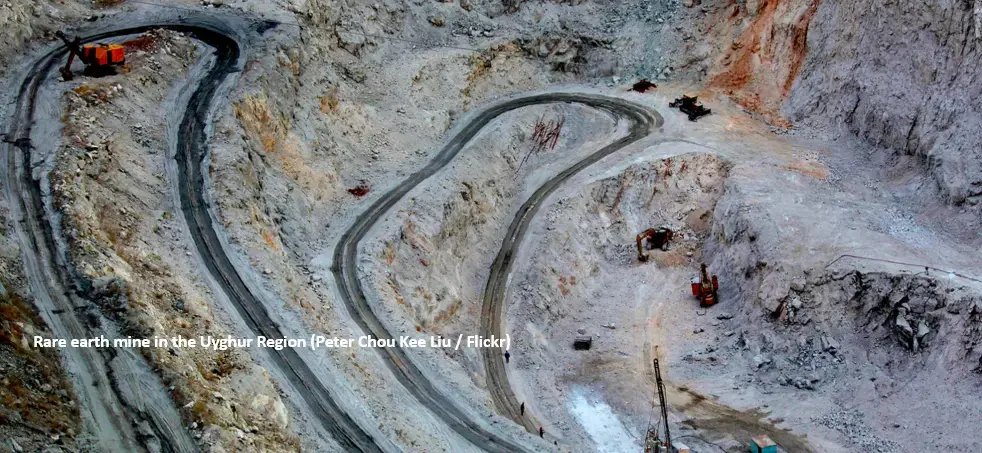The solar and electric vehicle industries are critical for the world’s urgent transition away from fossil fuels. However, both industries source many of their critical inputs from the Uyghur Region, a region where the Chinese government is systematically persecuting the native Uyghur, Turkic, and Muslim-majority peoples, including through state-imposed forced labor.
deleted by creator
deleted by creator
This report, funded by the UK government, takes the forced labor as a given. Their “research” is essentially, “we couldn’t trace supply lines, so we assume all green tech is tied to Xinjiang, and that anything made in Xinjiang has forced labor in the chain”. In fact the “report” is actually “investor advice”, and not purporting to be factual reporting of any kind.
I’m sure all the people who “worked” on this are enjoying their six figure e-mail jobs.
Is “forced labor” any different from slavery?
Forced labor appears to have a broader meaning than slavery as far as I can understand, for example, from the ILO definition or here. But I don’t know either.
Texas wants solar energy but forced labor in China is a concern
While the deployment of affordable renewable energy is great for Texas, the broader solar supply chain is cause for concern. Unfortunately, many solar panel manufacturers are entirely reliant on cheap Chinese materials with opaque traceability and forced labor concerns in the Xinjiang province. The State Department has concluded that since Xinjiang produces 45% of the global polysilicon capacity and a significant amount of silicon metal, much of the global solar supply chain could include inputs made with forced labor from the region.
As a result, U.S. Congress passed the Uyghur Forced Labor Prevention Act in late 2021, creating a rebuttable presumption that all goods, made in whole or in part, from the region contain forced labor and are thus barred from entering U.S. commerce. Customs and Border Protection is tasked with enforcing the law and Congress specifically directed CBP to target polysilicon from Xinjiang. Since enforcement began in June 2022, CBP has detained over $2 billion in goods.
Since when did texas care about human rights



